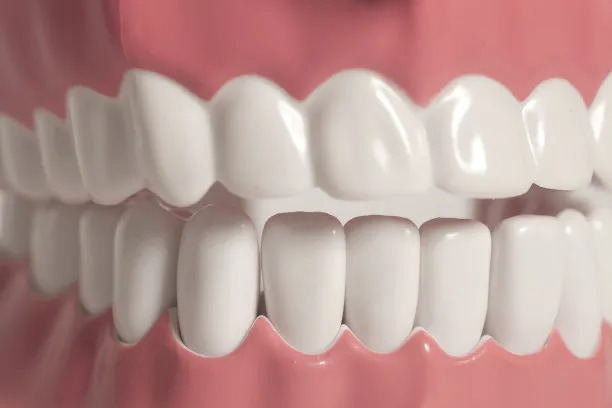Essential Tips and Precautions to Ensure Successful Dental Filling Procedure and Long Lasting Results
Summary: Dental fillings are essential in restoring teeth affected by decay or damage, ensuring overall oral health. However, a successful dental filling procedure requires proper preparation, execution, and post-treatment care. This article outlines essential tips and precautions for patients, such as selecting an experienced dentist, understanding the filling materials, adhering to pre-and post-treatment instructions, and maintaining good dental hygiene. By focusing on these aspects, patients can ensure not only a successful filling procedure but also long-lasting results for their dental health.
1. Choosing a Qualified Dentist for Your Filling

Selecting the right dentist is one of the most crucial steps in ensuring a successful dental filling procedure. A qualified dentist brings expertise in diagnosing the extent of dental decay and selecting the appropriate filling material. Search for a dentist with positive reviews and valid credentials who will provide a comfortable experience during the procedure.
Its beneficial to consult with multiple dentists before making a choice. During consultations, patients can discuss their specific needs and ask about the materials used for fillings. Ensuring that your dentist utilizes modern techniques and products can lead to better results and reduce treatment time.
Also, don’t hesitate to inquire about the dentists experience with similar cases. Knowing how many fillings they have performed and their success rates will instill confidence and help you feel secure as you undergo treatment.
2. Understanding Filling Materials and Their Benefits
Dental fillings come in various materials, each with its advantages and disadvantages. Common options include amalgam, composite resin, gold, and porcelain. Understanding these materials can help you make informed decisions. Composite resin, for instance, is made of plastic and glass and is favored for its natural appearance, making it ideal for visible areas.
Amalgam fillings, made from a mixture of metals, are known for their durability and cost-effectiveness, particularly in back teeth where strength is necessary. Discussing the pros and cons of these options with your dentist will ensure you choose the right material based on your lifestyle, budget, and aesthetic preferences.
Finally, it’s important to consider how different materials react to temperature changes. Some fillings might expand or contract more than others, potentially leading to discomfort. Discussing these details with your dentist can lead to better personalized care.
3. Following Pre-and Post-Treatment Instructions
Pre-treatment instructions often include guidelines on eating and drinking before your appointment. Arriving for your procedure on an empty stomach, unless otherwise advised, can help minimize issues related to anesthesia. Additionally, understanding what to expect during and after the filling procedure is vital for a smooth experience.
Post-treatment care is equally crucial. After getting a dental filling, patients should follow their dentists guidelines, such as avoiding certain foods or habits for a specified period. For instance, it’s often recommended to refrain from sticky foods until your filling has fully set, which helps prevent damage to the new restoration.
Moreover, maintaining good dental care after the filling, including regular brushing and flossing, will enhance the longevity of the filling and contribute to overall oral health. Scheduling follow-up appointments with your dentist will help monitor the condition of your filling and surrounding teeth.
4. Maintaining Oral Hygiene for Lasting Results
Successful dental fillings require ongoing oral hygiene to ensure they last as long as possible. The best way to achieve this is through consistent brushing and flossing, targeting areas around the filling to prevent bacteria buildup that can lead to further decay. Using fluoride toothpaste can also enhance the protection of the teeth and filling.
Additionally, regular dental check-ups allow your dentist to monitor the condition of your fillings and address any emergent issues. Your dentist may also perform professional cleanings, which effectively remove plaque and tartar buildup, providing a thorough dental health assessment periodically.
Incorporating a nutritious diet can also impact oral health positively. Avoiding excessive sugary snacks and beverages will not only help maintain fillings but also support overall dental health, thus enhancing the longevity of both natural teeth and restorations.
Summary:
Maintaining effective dental health through proper filling procedures involves selecting a qualified dentist, understanding materials, following instructions, and practicing good hygiene. Each step contributes significantly to the experience and outcome of your treatment. Reinforcing these practices will assist in achieving and maintaining a beautiful, functional smile for years to come.
This article is compiled by Vickong Dental and the content is for reference only.



